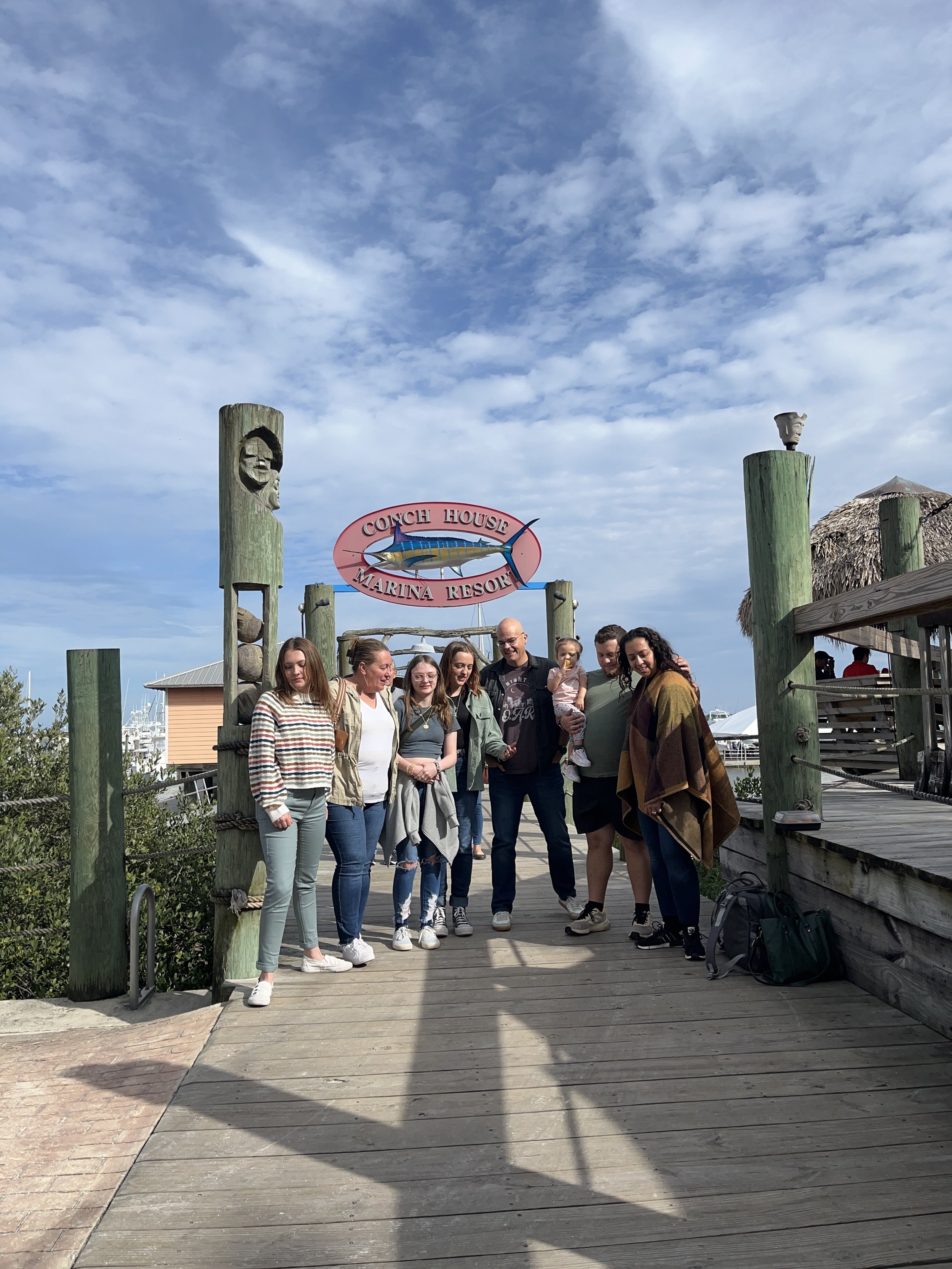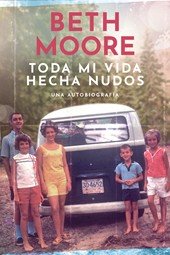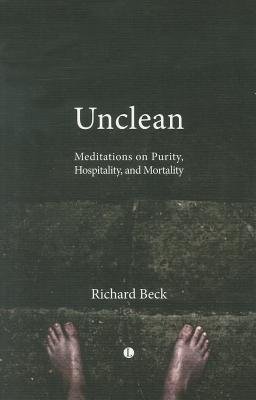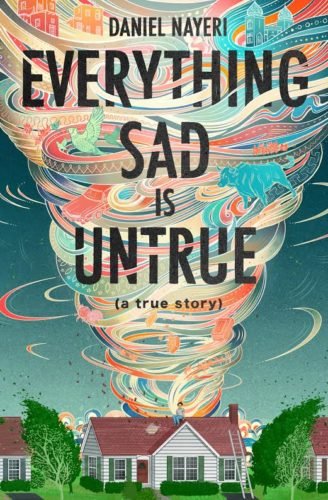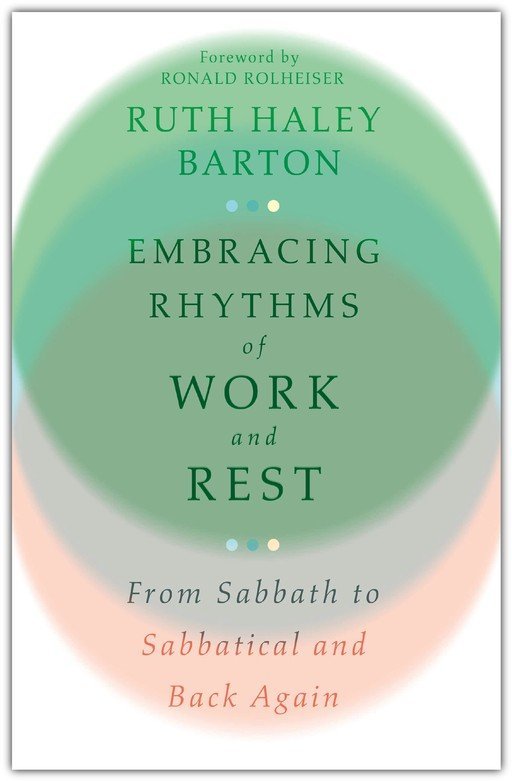I'm a confessed workaholic. My brain tends to think of ways to do more work, not less. So, the idea of a vacation from "work" leaves me feeling uneasy and unproductive. There is always one more phone call that could be made. One more email that could be sent. And one more message that could be written. The thing is, God didn't create us just to produce. God created us for God’s own pleasure. The Bible puts it this way in Revelation 4:11
“You created everything, and it is for your pleasure that they exist and were created”
I often forget that God created me not just for what I can "do" but also for the sake of God's own enjoyment. And if God desires to take enjoyment from my life, I'm guessing it might be good for me to enjoy it as well. And that just might mean taking a break, a "Sabbath" if you will from work on a regular basis and making time to enjoy myself and the people God has placed around me.
Besides providing joy to God, I'm convinced that taking time to "vacate from work" is important for several other reasons:
1. Vacations remind myself and others that I'm not the Messiah, Jesus is.
Too often, I'm tempted to believe that I have to have the answer for people and their problems, so it's easy to forget to rest or take a break. This leads to a false sense of importance and builds a ministry that is dependent on me rather than on Jesus.
2. Vacations remind me to trust God, not myself.
When I (or anyone for that matter) work all the time, I end up trusting in my ability to get things done. Taking a break reminds myself and others that God is where we place our trust.
3. Vacations produce creativity.
I heard Mark Batterson say one time, "A change of pace plus a change of place will often provoke a change of perspective". It is often on the back side of a vacation or time of rest that I'm best able to hear God speak into my life.
4. Vacations promote health.
Without regular periods of rest and renewal, our bodies deplete their serotonin levels, and the results are burnout, sleeplessness, hypertension, memory loss, decreased learning ability, and depression.
5. Vacations create shared experiences and strengthen relationships.
There is only one way to strengthen relationships, and that's through time together, creating shared experiences. In place of time, people are tempted to substitute money and manipulation in order to keep relational bonds tight, but both of these are destructive and ultimately damage our relationships.
6. Vacations increase productivity.
Several recent studies have uncovered what God already knew: that time for rest actually increases productivity. In fact, most research indicates that there is a decreasing level of return the longer we work without rest.
So here are some quick shots from the past week. (Warning: the following post contains pictures of a pastor not just working but having fun, too)

